Publications
Articles, publications, books, tools and multimedia features from the U.S. Institute of Peace provide the latest news, analysis, research findings, practitioner guides and reports, all related to the conflict zones and issues that are at the center of the Institute’s work to prevent and reduce violent conflict.
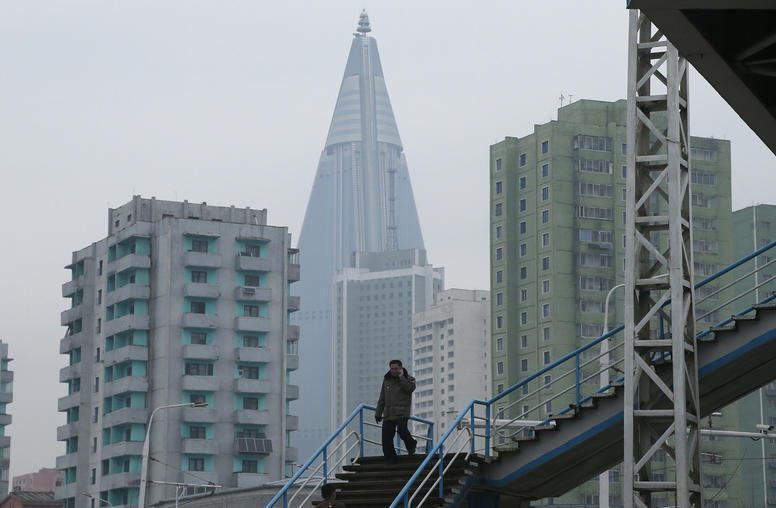
North Korean Phone Money: Airtime Transfers as a Precursor to Mobile Payment System
More than one in five North Koreans have cell phones, and increasingly rely on them to conduct financial transactions. Many of these transactions involve trading cell phone airtime, or “phone money,” for goods and services, and even for offering bribes. This report examines the potential for airtime trading to evolve into a formal mobile money system, which could enhance market activity and stability while providing opportunities for the country to engage with the international community.
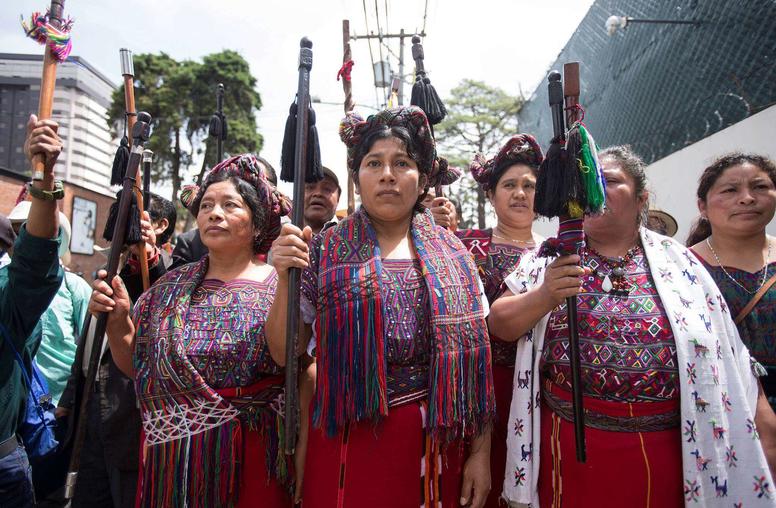
Curbing Corruption after Conflict: Anticorruption Mobilization in Guatemala
This report analyzes the fight against corruption in Guatemala by social movements over the past five years, homing in on their major successes and challenges in working to advance transparency, accountability, and good governance. The lessons drawn from these efforts can be applicable for other movements around the world operating in similar contexts. The work also has a larger bearing for international actors helping states build peace and democratic governance following prolonged violent conflict.

Kathleen Kuehnast on the Inaugural Women Building Peace Award
USIP’s Kathleen Kuehnast discusses the inspiring work of Women Building Peace Award recipient Rita Lopidia of South Sudan, as well as the other finalists, praising “the incredible resilience that each of these 10 women has brought to situations of inequality, of extreme violence, and despair.”
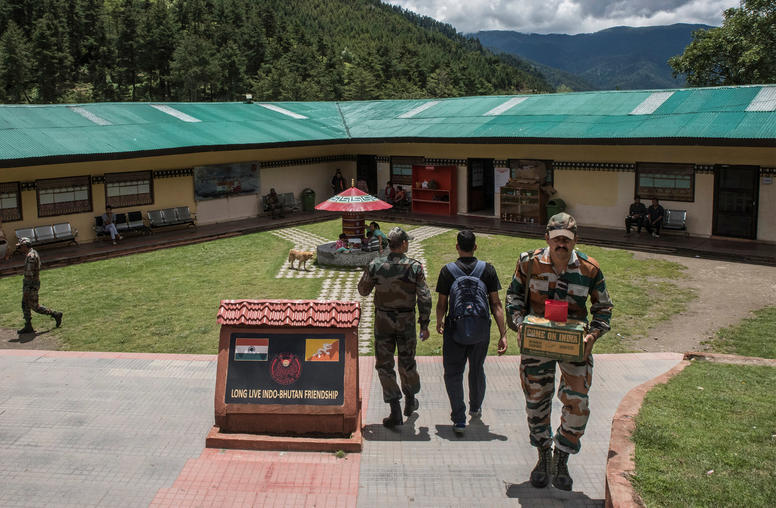
Prospects for Crisis Management on the China-India Border
After a deadly skirmish in June and shots fired in September, Sino-Indian tensions have escalated to a level not seen in decades. Both countries’ foreign ministers recently agreed to a five-point framework to manage the situation, showing both sides want tensions to plateau rather than deteriorate further. But the Line of Actual Control (LAC) will not easily go back to a well-managed bilateral irritant—right now, it’s a dangerous flashpoint and likely to stay that way. USIP’s Vikram Singh and Patricia Kim look at the recent discussions, what’s driving the escalation, how the conflict affects the region, and what history can tell us about how it might be resolved.

Searching for COVID-19 Ceasefires: Conflict Zone Impacts, Needs, and Opportunities
On March 23, 2020, as COVID-19 was first appearing in many conflict-affected areas, UN Secretary-General António Guterres issued a call for warring parties to cease hostilities and instead wage battle against the pandemic. Drawing on an examination of conflicts in Afghanistan, Colombia, Cameroon, Israel and Palestine, Libya, the Philippines, Syria, Ukraine, and elsewhere—this report looks at how COVID-19 has affected conflict parties’ interests, positions, and capacities, and provides recommendation for how the international community leverage the pandemic to promote peace.
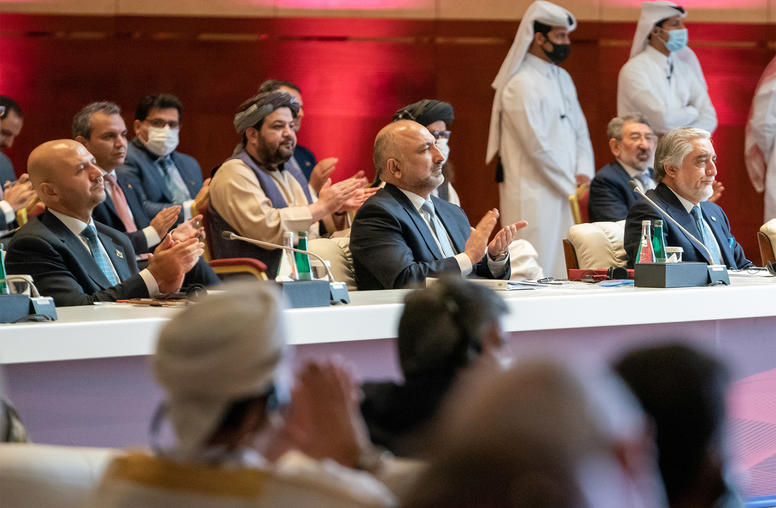
Five Things to Know About the Afghan Peace Talks
The intra-Afghan negotiations that began on Saturday represent a watershed moment in the war: the first direct, official talks between the Taliban and the Afghan government. These historic talks commenced 19 years and one day after al-Qaida's 9/11 terrorist attacks drew the United States into Afghanistan's civil war. Just getting the Afghan government and the Afghan Taliban to the table is an accomplishment. The main reason the talks materialized is the U.S.-Taliban agreement signed in February of this year; that agreement delivered a timetable for the eventual withdrawal of foreign troops, which met the Taliban’s years-long precondition for opening talks with the Afghan government.
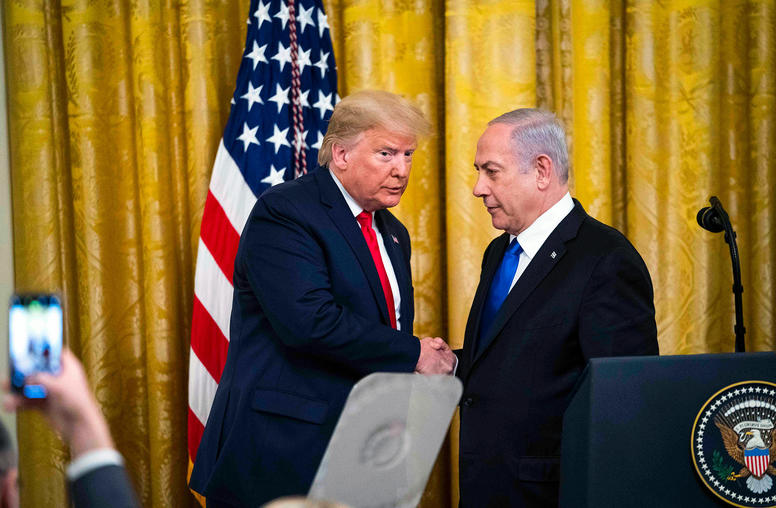
The Collapsing Foundation for Israeli-Palestinian Peace
The diplomatic agreements being signed this week among the United Arab Emirates, Bahrain and Israel present formidable challenges to the long-standing paradigm for peacemaking in the Israeli-Palestinian conflict and are yet to provide a viable substitute. While final contours of the agreements remain to unfold, their approach undermines the paradigm of providing an incentive for Israel to accept Palestinian self-determination as part of normalized relations with its Arab neighbors. With the Israeli-Palestinian divide wider now than any time since 1967, the erosion of these cornerstones for peacemaking is a precursor for an eventual new crisis.
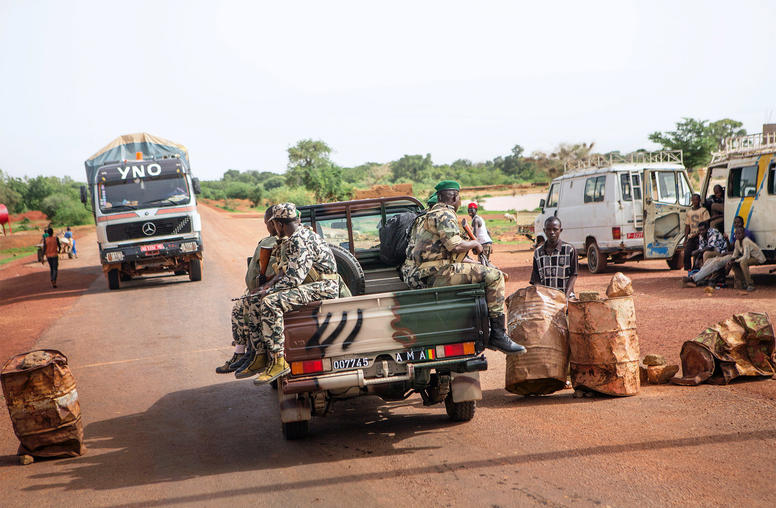
Mali’s Coup: Harbinger of Hope or Uncertainty
Last year was one of the most dramatic years of nonviolent action in recent memory, with millions taking to the streets to push for greater economic equality, democratic representation, and social justice. Some of the most dramatic uprisings took place in Africa, where longstanding repressive political regimes were forced from power in Sudan and Algeria, and protests over fuel prices in Zimbabwe led to a government crackdown. The recent almost entirely bloodless coup Mali, in which soldiers abducted President Ibrahim Boubacar Keita and forced him to resign capped a similar uprising, but is complicated by the role of the military in the president’s ouster and the COVID-19 pandemic.

It’s Time for the U.S. To Rethink North Korea Policy
A little over a year ago, U.S. President Donald J. Trump’s third meeting with North Korean leader Kim Jong Un was making headlines as much for its historic nature—it was the first time that a sitting U.S. president had set foot in North Korea—as for what it represented about the lack of progress in U.S.-North Korea relations. The next U.S. administration, whether it is led by Trump or former Vice President Joseph Biden, will face a more emboldened regime in Pyongyang and, according to experts, must rethink past failed strategies for dealing with this challenge.

Don Jensen on Protests in Belarus and Russia’s Response
After an “obviously crooked election” in Belarus sparked massive protests, USIP’s Don Jensen says Russia is quietly using the situation to assert influence. If Moscow’s military presence in Belarus increases, “I think you’re going to see a much more forward projection of Russian power against NATO,” he said.